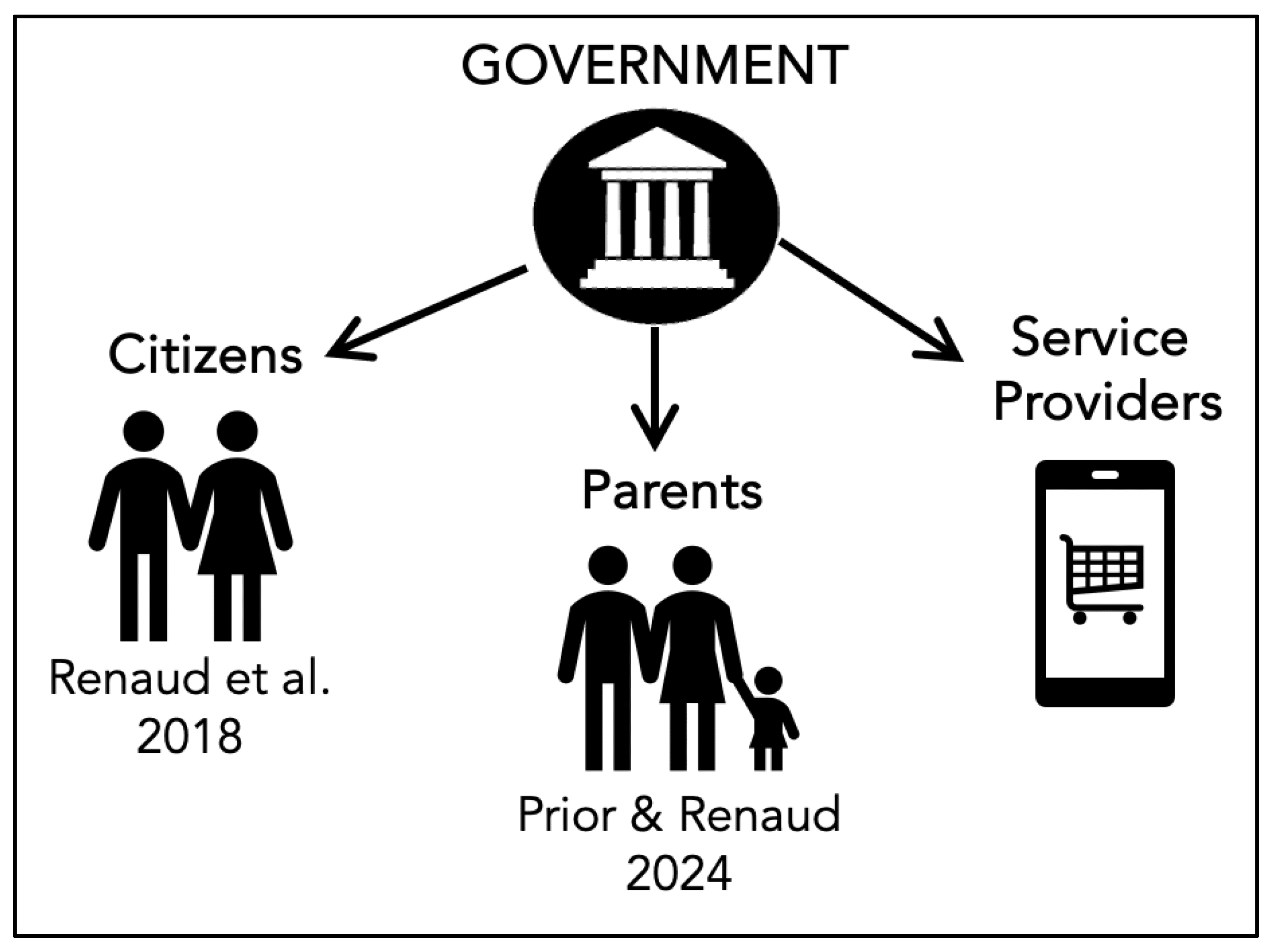Intensifying Discussion on Age Verification Law Expansion

Technologists and policymakers are grappling with a significant challenge in the digital age: balancing the benefits of the internet with the need to protect children from its potential dangers. While the internet offers unprecedented opportunities for education and connection, unrestricted access can expose minors to harmful content. As a response, various age verification laws have been enacted, but experts warn that these measures may inadvertently compromise the privacy and security of adult users. Currently, 23 states in the U.S. have implemented such laws, with the United Kingdom also introducing similar regulations through its Online Safety Act.
Understanding Age Verification
Age verification laws have evolved significantly from the simple age checks of the past, such as those required by the Children’s Online Privacy Protection Act (COPPA). Instead of merely clicking a box to confirm one’s age, current regulations often require users to upload official identification or biometric data, such as facial scans, to verify their identity. This shift aims to create a more secure online environment, particularly for protecting minors from accessing inappropriate content. However, the implementation of these laws raises questions about privacy and the potential for misuse of sensitive personal information.
The Rationale Behind Age Verification
The primary goal of age verification is to shield children from harmful online content, including pornography, drug-related information, and social media interactions that could lead to dangerous situations. Parents and lawmakers have voiced concerns over tragic incidents involving minors, such as deaths linked to drug purchases on social media platforms and suicides attributed to online bullying. As technology advances, the risks associated with unregulated internet access have become more pronounced, prompting lawmakers to seek solutions that balance safety with accessibility. The challenge lies in ensuring that these protective measures do not infringe upon the privacy rights of adult users.
Privacy Concerns with Identity Verification
The safety of identity verification methods is contingent upon their implementation. While some technologies, like Apple’s Face ID, are designed to keep biometric data secure on the device, others may expose users to significant risks. Instances of data breaches, such as those experienced by the app Tea, highlight the vulnerabilities associated with uploading sensitive information online. Critics argue that no age verification method is entirely safe, and each carries its own set of risks. The Electronic Frontier Foundation emphasizes that these methods can be dangerous in different ways, raising concerns about the potential for misuse of personal data.
Impact of Age Verification Laws in the U.S. and U.K.
In the United States, age verification laws have been enacted in 23 states, primarily affecting websites that host content deemed harmful to minors. These regulations require pornographic sites to verify users’ ages, leading some platforms to block access from certain states altogether. Meanwhile, the United Kingdom’s Online Safety Act mandates identity verification for various online platforms, restricting access to certain content for users identified as minors. This broad application raises concerns about the potential for users to be denied access to vital information and educational resources, further complicating the debate over privacy and safety in the digital landscape. As these laws evolve, users must navigate the delicate balance between accessing information and protecting their personal data.
Observer Voice is the one stop site for National, International news, Sports, Editor’s Choice, Art/culture contents, Quotes and much more. We also cover historical contents. Historical contents includes World History, Indian History, and what happened today. The website also covers Entertainment across the India and World.
Follow Us on Twitter, Instagram, Facebook, & LinkedIn

